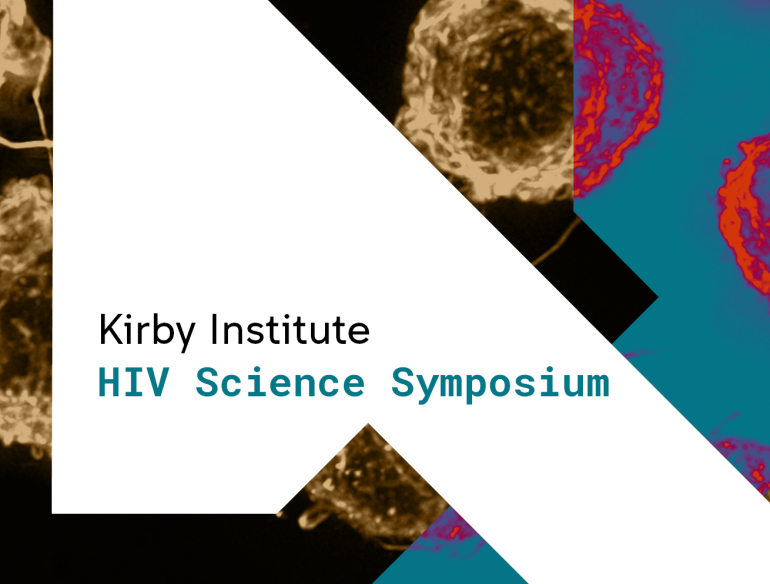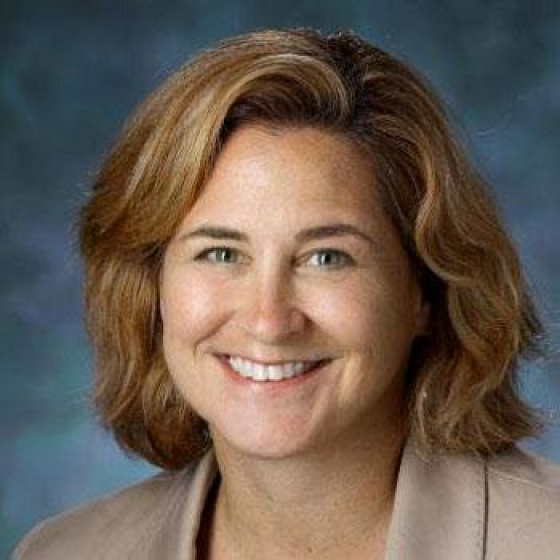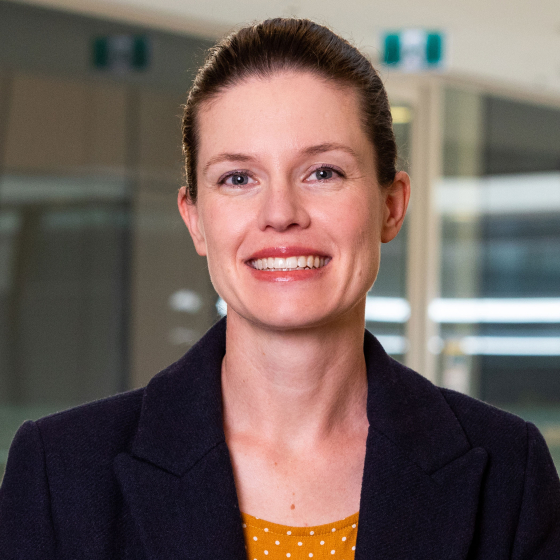The 12th IAS Conference on HIV Science is coming to Australia in July 2023, bringing world-renowned speakers from around the globe to share the latest updates and innovations in HIV research.
The Kirby Institute is hosting a one-day symposium featuring international and Australian leaders in basic science and public health HIV research. This event provides a networking opportunity for early- and mid-career researchers to speak with these prominent researchers and colleagues.
This is an all-day, fully catered event.
Speakers
|
Dr Meg Doherty Meg Doherty has been the Director of the Department of Global HIV, Hepatitis and Sexually Transmitted Infections Programmes at WHO since February 2020. Dr Doherty was previously the Coordinator of Treatment and Care in the Department of HIV at WHO Headquarters. She has more than 25 years of experience in HIV and infectious diseases, including leading WHO’s normative and programmatic work on expanding HIV treatment to all and reducing inequalities in access to the most effective antiretrovirals for people living with HIV. Dr Doherty spent 10 years in low- and middle-income countries, advising ministries of health and international partners on implementing comprehensive HIV and infectious disease programmes. |
||
 |
||
|
Dr Skye McGregor Skye McGregor is an epidemiologist and lead of the Surveillance Innovation Research Group at the Kirby Institute. She is an emerging national leader in the development, analysis, and interpretation of national sexually transmissible infections (STIs) and blood borne viruses (BBVs) surveillance datasets. Her research group leads production of the national STI and BBV annual surveillance reports for Australia, which provide a comprehensive analysis of HIV, viral hepatitis and sexually transmissible infections in Australia. Skye has more than 10 years’ experience in undertaking innovative surveillance research, with a focus on treatment, prevention and health equity. |
||
 |
||
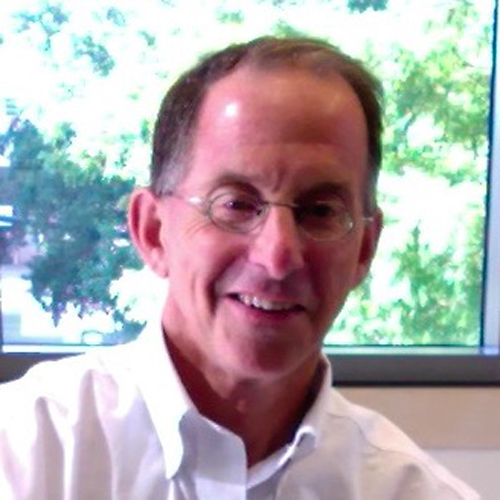 |
Professor David M. Margolis, MD David M. Margolis is the director of the UNC HIV Cure Center, and a Sarah Graham Keenan Distinguished Professor of Medicine, Microbiology & Immunology, and Epidemiology at the University of North Carolina at Chapel Hill. An HIV clinician and translational scientist, his laboratory studies host-HIV interactions, and is developing approaches that seek to eradicate persistent HIV infection. |
|
 |
||
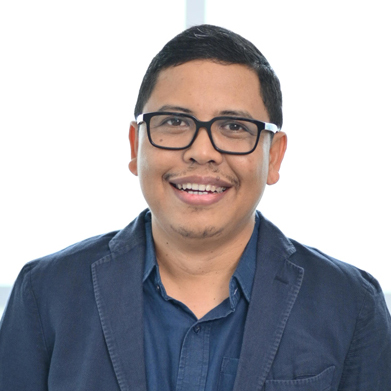 |
Professor Pande Putu Januraga Pande Putu Januraga is a Professor of Public Health at Udayana University's Faculty of Medicine in Bali, Indonesia. He is the head of the Center for Public Health Innovation (CPHI), a research center devoted to developing and evaluating innovative methods for implementing public health programs. His research interests include strategies for HIV prevention and treatment of marginalized and affected communities in Bali and Indonesia. He also serves as a member of the Indonesian Ministry of Health's HIV expert panel. |
|
 |
||
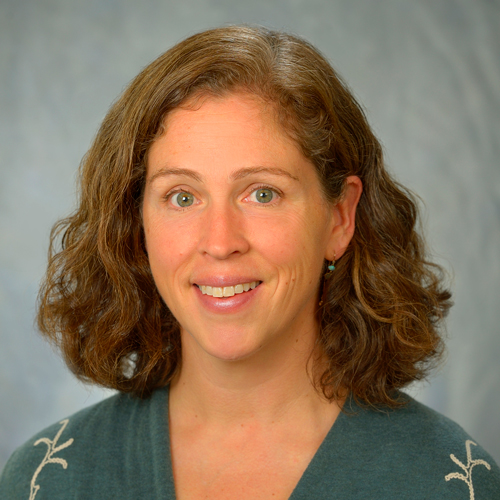 |
Assistant Professor Katharine Bar, MD Katharine Bar is an Associate Professor of Medicine at the University of Pennsylvania within the Division of Infectious Diseases, and Director of the Penn Center for AIDS Research Virus and Reservoirs Core. She is a physician-scientist who studies the basic mechanisms and translational impact of virus transmission, pathogenesis and persistence in HIV, Hepatitis C, and HSV infections. |
|
 |
||
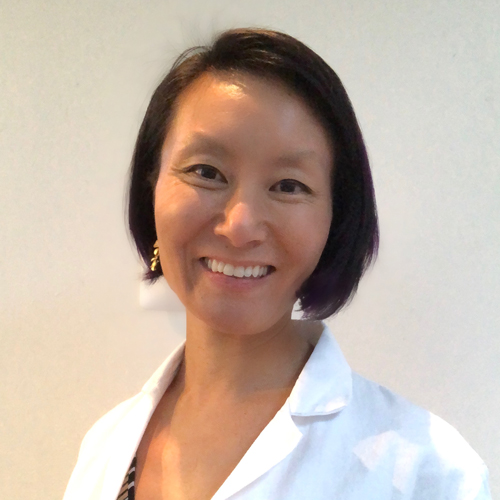 |
Associate Professor Sulggi Lee, MD Sulggi Lee is an Associate Professor of Medicine in the Division of HIV, Infectious Diseases, and Global Medicine at the University of California San Francisco (UCSF). She has expertise in leading and conducting genetic epidemiologic research and translational HIV studies. Her lab investigates the role of host genetics and immunology in infectious diseases pathogenesis using high-throughput genetic sequencing and immunologic methods combined with multi-omic analytic approaches. The goal of her research is to improve clinical outcomes for human infectious diseases by leveraging unique clinical cohorts and utilizing advanced immunologic and genetic methods. |
|
 |
||
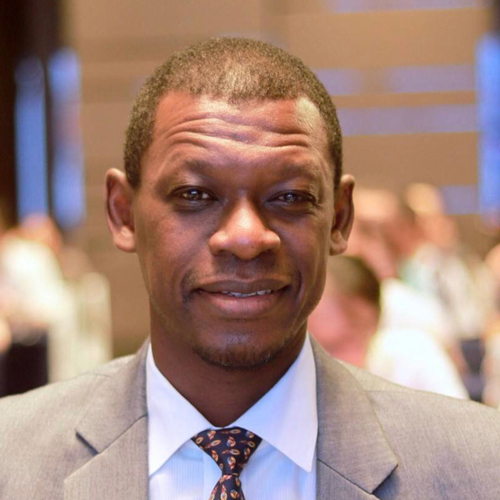 |
Professor Lishomwa (Lish) Ndhlovu, MD Lishomwa (Lish) Ndhlovu is Professor of Immunology in Medicine at Weill Cornell Medicine in the Division of Infectious Diseases. After completing medical training he received his PhD in Immunology from Tohoku University in Japan and pursued post-doctoral training at the University of California San Francisco. His research is dedicated to confronting the challenges of HIV and aging and has developed specific expertise and strategies to prevent, slow or eliminate organ specific complications. |
|
 |
||
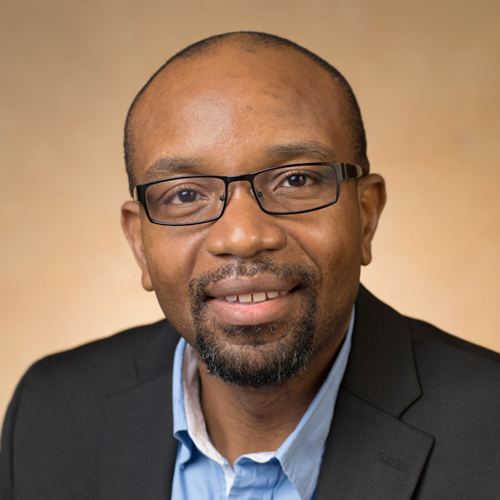 |
Associate Professor Afam Okoye Afam Okoye is an Associate Professor at the Vaccine & Gene Therapy Institute, and the Division of Pathobiology and Immunology at the Oregon National Primate Research Center, Oregon Health & Science University (OHSU). He is a trained immunologist with extensive experience in the investigation of nonhuman primate models of HIV/SIV pathogenesis and immunity. His current research involves understanding the barriers to HIV eradication and developing therapeutic interventions aimed at achieving durable remission from HIV replication after ART withdrawal. |
Opinions expressed in the Kirby Institute Seminar Series are solely those of the speaker and do not necessarily represent the views or opinions of the Kirby Institute or UNSW.
